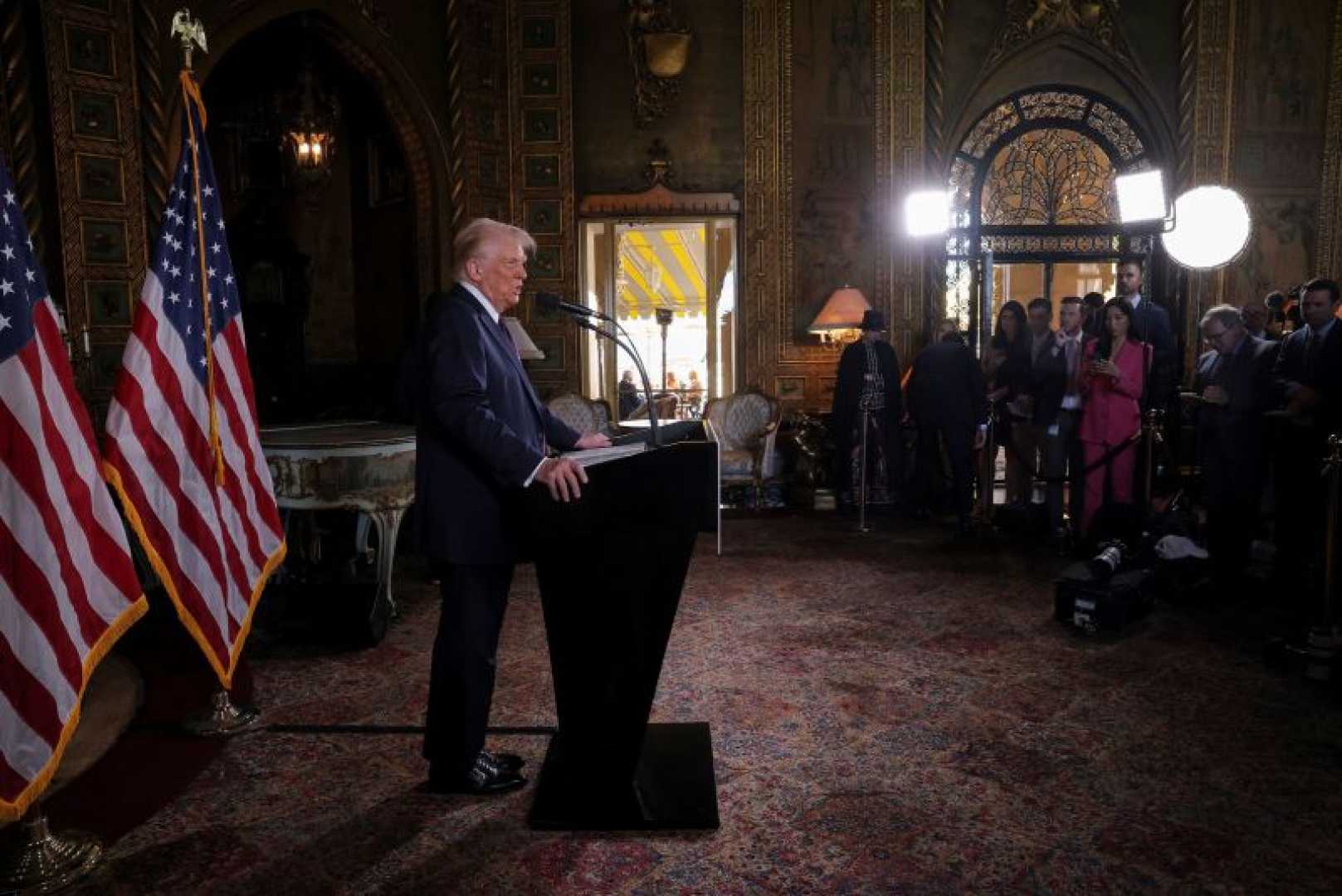Politics
Trump’s Second Term Sparks Concerns Over Imperialist Rhetoric

NEW YORK (AP) — President-elect Donald Trump, who campaigned on an “America First” foreign policy platform, has shifted his rhetoric toward an imperialist agenda, raising concerns among allies and analysts. In recent statements, Trump has floated the idea of seizing the Panama Canal and even suggested using economic coercion to annex Canada as the 51st state. Such remarks, though delivered with characteristic bravado, mark a stark departure from longstanding norms of territorial integrity and have sparked fears of emboldening adversaries like Russia and China.
“If I’m Vladimir Putin or Xi Jinping, this is music to my ears,” said John Bolton, Trump’s former national security adviser and a vocal critic. Bolton, who also served as ambassador to the United Nations, warned that Trump’s rhetoric could undermine U.S. alliances and global stability at a time when Russia continues its invasion of Ukraine and China threatens Taiwan.
Trump’s comments, which include musings about the strategic value of Greenland and the Panama Canal, reflect a 19th-century colonial mindset, according to analysts. Greenland, an autonomous territory of Denmark, is home to the Pituffik Space Base, a critical U.S. military installation. Meanwhile, the Panama Canal handles nearly half of U.S. shipping containers, with key ports controlled by a Hong Kong–based firm. Trump’s team has framed these remarks as addressing legitimate national security and economic concerns.
However, critics argue that Trump’s approach risks alienating key allies. Gerald Butts, a former top adviser to Canadian Prime Minister Justin Trudeau, described Trump as “maximum Trump” this time around, suggesting the president-elect feels less constrained than during his first term. “Someone joked that the big fear the last time was that he didn’t know what he was doing, and the big fear this time is that he does,” Butts said.
Trump’s rhetoric has also drawn sharp rebukes from Canadian officials. “The joke is over,” said Dominic LeBlanc, Canada’s finance minister and point person for U.S.-Canada relations. “It’s a way for him, I think, to sow confusion, to agitate people, to create chaos knowing this will never happen.”
Michael McFaul, the Obama-era ambassador to Russia, warned that Trump’s language is counterproductive to U.S. national security interests. “Allies are our superpower,” McFaul said. “I wish he would focus on the real threats and not invent threats.”
Despite the backlash, Trump allies like Charlie Kirk, a key supporter and founder of Turning Point USA, have defended the president-elect’s rhetoric as a revival of “masculine American energy” and a return to the concept of Manifest Destiny. Kirk argued that controlling Greenland would symbolize a resurgence of American strength and ambition.
As Trump prepares to take office for a second term, his imperialist rhetoric has left allies and analysts grappling with the implications of his return to the global stage. Whether his statements are negotiating tactics or genuine policy shifts, they have already stirred tensions and raised questions about the future of U.S. foreign policy.












